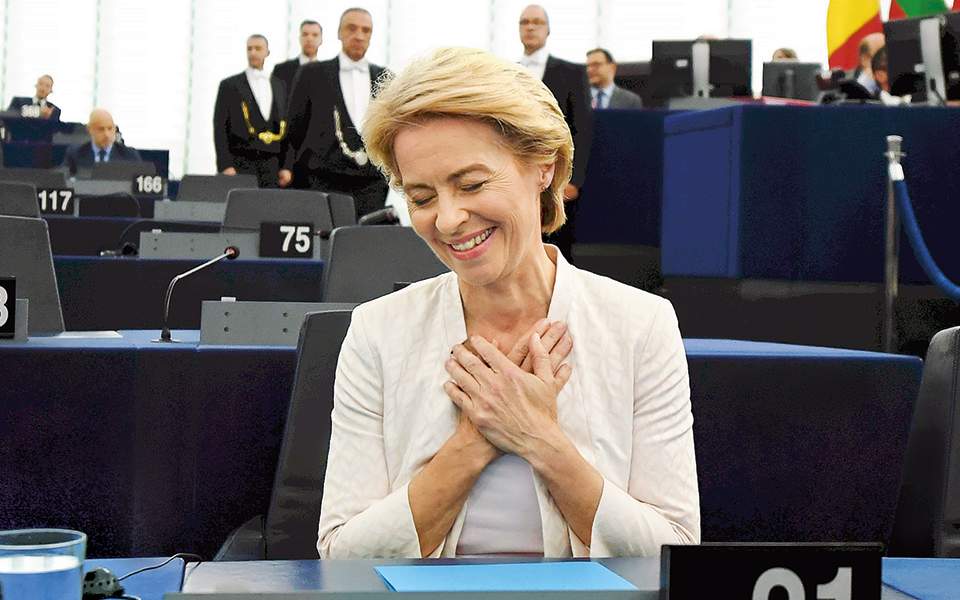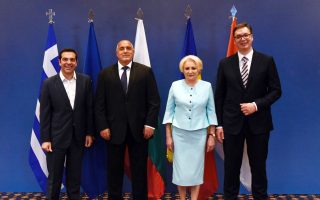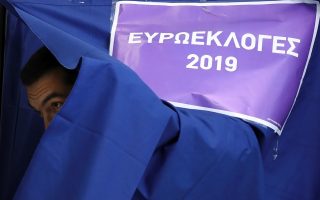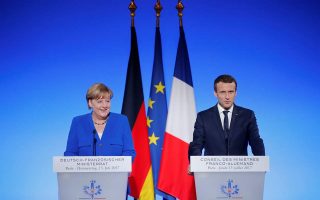The pro-Europeans fight back

The election of Germany’s Ursula von der Leyen as European Commission president is a positive development. Had she been rejected, the European Union would have suffered a fresh blow at a time when it is under pressure from within and without. However, we cannot ignore the fact that von der Leyen was imposed from “above” rather than being selected in the traditional manner. Coupled with the relatively low number of votes she received, this may put her in a vulnerable position.
The truth is that the European Parliament election results across Europe made it clear that the old established balances have been upset – a sign of the bloc’s unprecedented enlargement, but also of the times. The European People’s Party (EPP) and the Party of European Socialists have ceased to be the dominant forces, while euroskepticism has gained significant ground in the House.
Mostly, however, we see divisive forces prevailing in several European countries. Given this situation, it should have been expected that conditions would call for tough backroom haggling on the European Council, which led to the selection of von der Leyen as the president of the Commission.
Judging from the people selected to serve in various other important EU posts over the next five years, the overall conclusion is that the countries which formed the hard core of the European integration project decided to fight back against the euroskeptics and to send a message to the rest of the world that it is determined to defend the bloc.
The six countries that started it all in 1952 were Germany, France, Italy, the Netherlands, Belgium and Luxembourg. The leadership of the Commission has been handed to a German, who is fiercely pro-European; a French national of similar views has been nominated to head the European Central Bank; a Belgian will be the next European Council president; an Italian who opposes the current euroskeptic government in Rome will head the European Parliament; and a Dutch official is on his way to the International Monetary Fund.
The picture is completed by the Spaniard who will replace EU foreign relations chief Federica Mogherini and the Portuguese heading the Eurogroup. These are officials who come from southern Europe, where euroskepticism is not as strong.
In contrast, nobody has been appointed from the Visegrad countries and, in general, from Eastern Europe, where governments have been making problems for Brussels. One could say that there is no confidence in the European orientation of their governments.
Returning to von der Leyen, we will have to see how her presidency will evolve in the Commission before we pass judgment. She has promised a lot of things to a lot of people, but she will be judged by her policies for the environment, the creation of a European army and the taxation of American internet giants.





